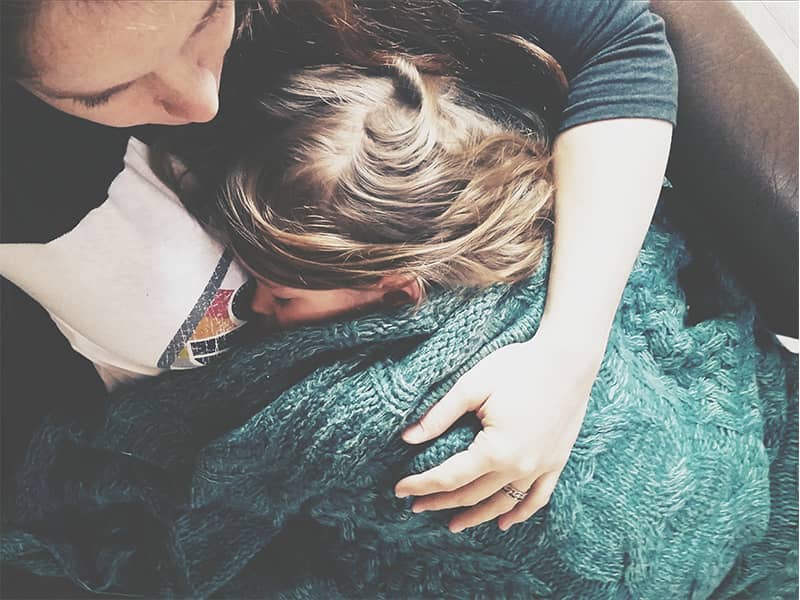At the end of the school year, our children receive all kinds of recognition for academic achievement and athletic prowess. But where and how do we transmit the foundation of faith in the idea that doing good is more important than acquiring goods? How do we educate our children to stand up for what they believe even though they may stand alone?
I envision an end-of-school awards ceremony with some of the following categories:
We all agree that we want our children to win awards like these, to be more just and compassionate human beings. But how do we teach these lessons?
The Bible gives us some clues. In the book of Genesis, Abraham is called an ivri, a Hebrew. Ivri comes from the root that means "to cross over." Geographically, it describes Abraham's crossing over the river from the place of his birth to a new land. Spiritually, it describes his ability to stand on the other side, in opposition to the majority. The rabbis teach that in the place where no one behaves like a human being, you should strive to behave like one.
Research on the characteristics of several hundred people who at great personal risk saved the lives of Jews during the Holocaust may shed some light on what kind of upbringing educates the soul. It was found that rescuers had "empathetic imagination." In other words, they could see themselves in the "other," no matter how different the other was. They had exposure to compassionate people early in life. They were taught critical-thinking skills that enabled them to make reasoned and thoughtful choices independent of majority opinion. They developed a strong, positive self-image, which gave them internal confidence.
When I ask young adolescents who their heroes or heroines are, they are often silent. Children need models of justice and compassion, they need to meet people who have stood on the "other side" in the stories they read. They crave real-life examples of how to act in difficult times; they need to be guided on how to choose well when the choices are hard and the risks personal.
One such example has been passed down in my family. When my grandfather was a young man, a new immigrant to America and just starting out in business, he noticed that his bank had credited his account with too much money. There was no fancy computerized technology to catch the error. He could have gotten away with it, and he could have used the extra cash. But he returned the money. The bank president sent him a letter thanking him for his integrity and offering him a loan whenever he needed it. I gave my son that letter when he became a Bar Mitzvah 10 years ago. Recently, my son had a similar incident happen to him. He told me, "When I had to make the decision of whether to return the money, I remembered the letter. I took out my great-grandfather's letter, and I knew the right thing to do."
If we want our children to do the "right thing," they will also need to develop a sense of their own dignity. Without self-confidence, they are easily swayed by the crowd; they are unable to stand up for others. Developing a positive self-image is not just about helping children to feel good about themselves. We need to remind our sons and daughters that feeling good should be connected to doing good deeds.
Our children do want to be noticed, especially by us. We should pay attention not only to their extracurricular activities but to their deeds of compassion. One idea is to initiate a "Character Counts" night at home at which we reward kids for courageous or loving things they've done.
That's a ceremony all of us would be proud to attend.

